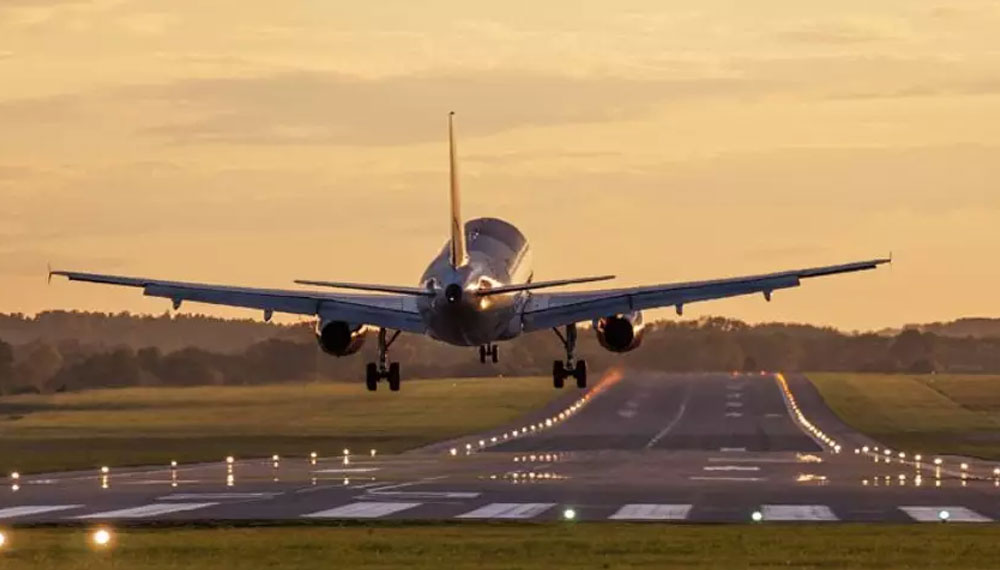The UK domestic aviation sector will achieve net zero emissions by 2040, and all airports in England will achieve zero emissions by the same year, as per the policy, which was unveiled at the Farnborough International Airshow. It also outlines a strategy for the sector to keep carbon emissions below pre-pandemic levels using actions aimed at providing system savings and new technologies, with yearly progress reports.
Around 2.5% of the world’s CO2 emissions are currently attributable to aviation. The Jet Zero approach offers the solutions to support future-proof the aviation industry, deliver, and generate thousands of green employment across the nation. The sector currently contributes $26.30 billion to the economy and is expected to expand as it recovers from the pandemic.
In order to achieve these ambitious goals, including guilt-free air travel and the government’s promise to have at least 5 commercial-scale SAF facilities under development in the UK by 2025, there will be an emergence of fresh, innovative industries and new infrastructure. They want 2019 to be regarded as the highest year for aircraft emissions, said Transport Secretary Grant Shapps. In the future, carbon emissions should continue to decrease while demand for green flights should rise steadily.
The Jet Zero strategy offers a clear path to creating a greener aviation sector for future generations, and the UK is providing an indication of the ambition needed to confront climate change. 33 million litres of sustainable jet fuel are purchased by DHL.
The following are the strategy’s 6 priority areas:
- Increasing the effectiveness of the current aviation system, which includes aeroplanes, airports, and airspace. The UK will increase fuel economy by 2% this year and will contribute an additional $4.42 million in 2022–2023 to help airports upgrade their airspace.
- Enhancing support for sustainable aviation fuels (SAF) by stimulating a local SAF industry and securing and expanding UK SAF needs through a SAF requirement that will require at least 10% of jet fuel to be produced from sustainable sources by 2030.
- Promoting the creation of zero-emission aircraft with the goal of establishing zero-emission routes throughout the UK by 2030.
- Improving the UK Emission Trade Scheme as well as carbon markets and greenhouse gas disposal technology to promote decarbonization and offset any leftover emissions (UK ETS).
- Improving customer knowledge to enable them to choose environmentally friendly flights. In the fall of 2022, the UK will release a call for information on the idea of giving consumers environmental information when they book airline tickets.
- A growing awareness of aviation’s non-CO2 effects, such as nitrogen oxides and contrails, working together with academia and industry to measure these emissions and keep an eye on global trends in this area.
The Prime Minister’s Net Zero strategy, the UK’s economy-wide plan to achieve net zero emissions by 2050, and the Transport Decarbonization Plan, which underlines the obligations and actions required to completely decarbonize the transportation sector.
The government announced a new rule that, as part of the strategy, at least 10% SAF must be mixed with traditional jet fuel by the end of the decade. The announcements were made at the same time that the Transport Secretary began the next stage of his historical challenge to the aviation sector to complete the very first SAF-powered transatlantic flight in 2023.
Companies can now submit bids for funding of up to $1.19 million after a call for declarations of interest was issued in May of this year. In the latter part of the year, the government will reveal the final chosen applicant.


































